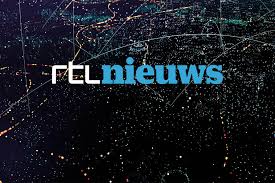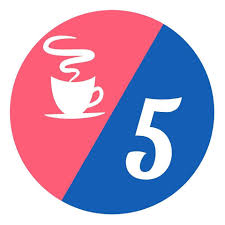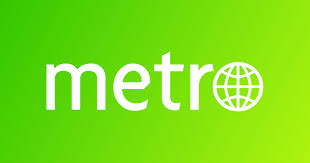Sometimes, you’re feeling fine and sometimes, you’re not. That’s complicated, but very normal. For youngsters with mental health issues, emotions are especially complicated. G-Moji is a self-help app in construction that will help youngsters with mental health issues to make their emotions visible.
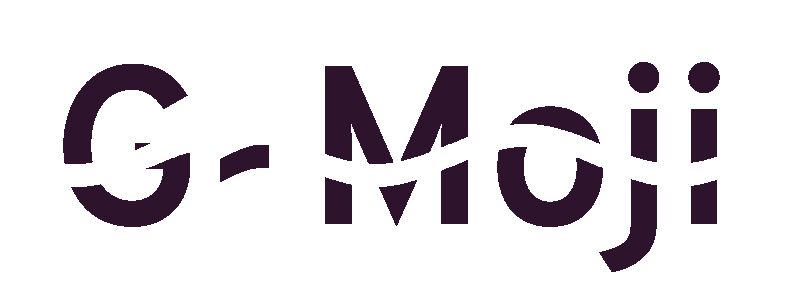
Makes emotions visible.
Tested with over 500 youngsters!
We asked youngsters to use the G-Moji app for a month and register their feelings everyday by entering an emoji. Before using the app, they filled in two questionnaires. One focuses on mental health problems, the other on resilience. These youngsters didn’t need to have mental health issues to participate.
By taking part in this research, youngsters donated their data to help peers with mental health problems. At this moment, the donated data is being analyzed by Centrum Wiskunde & Informatica (CWI), center for math and informatics.
Are you, or is your organization, interested in using G-Moji? Contact ikdoemee@gmoji.nl
Frequently asked questions
Who is behind G-Moji?
The G-Moji app is being developed by Garage2020. Garage2020 is an innovation center in cooperation with healthcare organizations Spirit, de Bascule, Altra, BlijfGroep, and TriadeVitree, and the municipality of Amsterdam. Our ambition is to make youth care unnecessary.
Garage2020 develops radical innovations from the perspective of youngsters, with use of big data, biofeedback, virtual reality and robotics. We do this with an interdisciplinary team of healthcare professionals, data scientists, developers, design thinkers and philosophers.
Why would this help my peers?
With your data, we can continue to develop G-Moji. With this research, we hope to get more insight into the daily lives of youngsters. We can help youngsters to get the help they really need. Personal, faster, in a modern way and at times they need it the most.
How does the app work?
The G-Moji app collects sensor data, for example: how much you use your phone, call and move. The app does this automatically when you install it on your phone. You don’t have to do anything. The app can’t see who you call or what you say, just how many times you call and on what times. It also can’t read your text messages or the content of the apps and websites you use. Once a day, the app asks you how you’re doing. You select an emoji that resonates with how you feel at that moment.
How can I participate with an iPhone?
At this moment, the G-Moji app only works on Android phones. In the future, we want to develop an app that works on iOS, but we’re unfortunately not there yet. So if you have an iPhone, you can’t take part in the research. Do you have an iPhone and do you want to stay updated on when the iOS version is available? Send an email to ikdoemee@g-moji.nl
How much time does this take?
The research takes a month. If you participate, it takes half an hour to register. In that time you fill in two questionnaires. After that, it just takes one minute a day to select an emoji.
What do I get in return?
Karma points: with your data, you help youngster with mental health problems. Furthermore, a few of those youngsters share their story in the weekly podcasts you will receive the links to. The app also shows an overview of your past month’s selected emojis, so you can get more insight in your emotions.
What about privacy?
The sensor data and emojis you share with us will be saved anonymously, in a safe place. You can always decide to let your data be removed. The collected data cannot be traced back to you personally. We only save the data for our goal: to develop the G-Moji app. If you want to know the details, you can read the privacy statement.
What criteria do I need to meet to participate?
You can take part in the research if you’re between 16 and 24 years old and you own an Android phone. You don’t have to have mental health problems to participate.
How does the G-Moji app work?
At this moment, G-Moji only works on Android phones. You can install the app with a link you receive from us. After installing, you have to allow the app to collect some data. Please do this. And don’t worry, we really just use this for research!
Use the app for at least a month. Just use your phone like you usually would. It will ask you how you feel once a day. You don’t have to do anything more than that. We can’t see what you type or who you call and we make sure the data can never be traced back to you.
Once a day, the app sends you a reminder and asks you how you’re doing. You select an emoji that resonates with how you feel at that moment. You just have to tap it once, it will be saved automatically. You can view your last month’s selected emojis in the calendar. You can select as many emojis as you’d like to! You’ll just see the last selected emoji, but we save all of them.
Why is it important to get the right help?
Watch the stories of our experience experts Jason and Diantha. They both struggled with depression and received the right help too late.
Psychiatrist Jeroen explains how G-Moji can help youngsters to get help on time.
About us
Garage2020
The G-Moji app is being developed by Garage2020. Garage2020 is an innovation center in cooperation with healthcare organizations Spirit, de Bascule, Altra, BlijfGroep, and TriadeVitree, and the municipality of Amsterdam. Our ambition is to make youth care unnecessary.
Garage2020 develops radical innovations from the perspectives of youngsters, with use of big data, biofeedback, virtual reality and robotics. We do this with an interdisciplinary team of health care professionals, data scientists, developers, design thinkers and philosophers.
What research has been done so far?
Last year, Garage2020 started with this initiative. In co-operation with researchers of MIT Media Lab (prof. dr. Alex Pentland), Harvard (dr. Todd Reid), University of Amsterdam (UvA) (prof. dr. Geert Jan Stams and dr. Levi van Dam), we did a pilot study with 32 youngsters. A part of them received youth care. This pilot showed us that we could predict abnormalities in emotions on an individual level.
This year, we received subsidy from the European Institute of Technology (EIT) to work together with the center for mathematics and informatics CWI (prof. dr. Rob van der Mei and dr. Maria Mahfoud) and a polytechnical Spanish university (URM) (prof. dr. Ana Berardos) to continue developments in a big follow-up trial. To do that, we are looking for 500 youngsters to take part in our research, by using the app for a month.

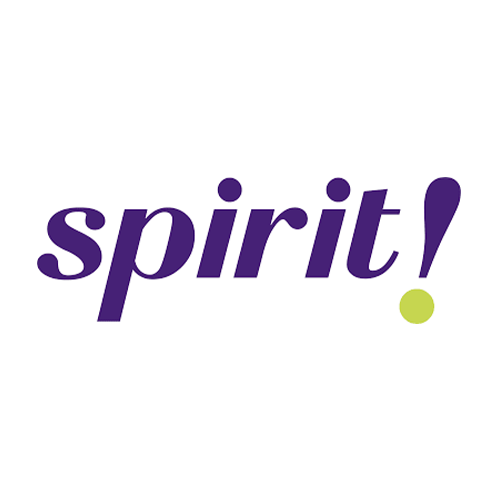
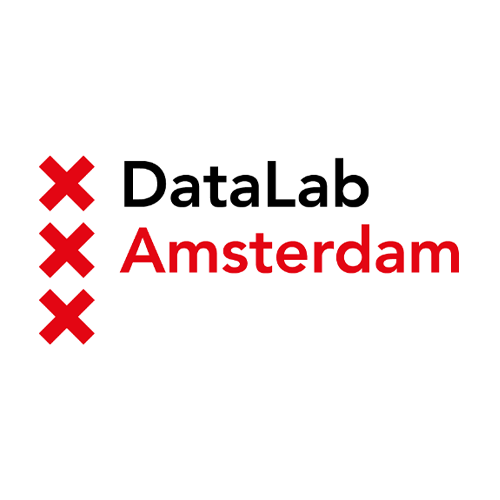

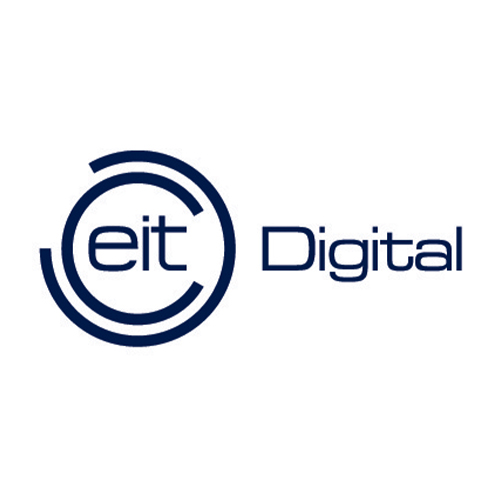
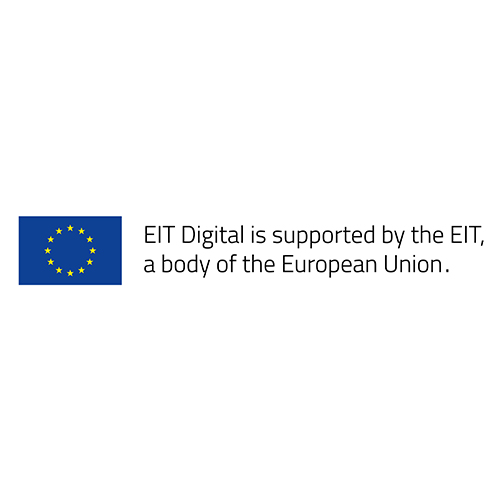
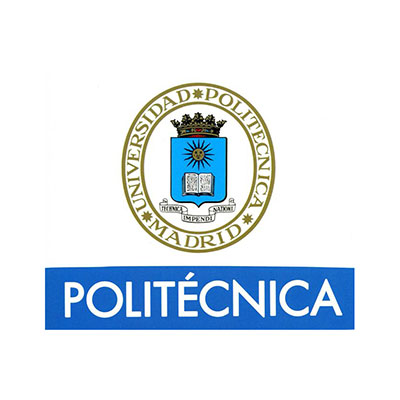

Do you have questions about G-Moji?
mail us, or send a text to:



